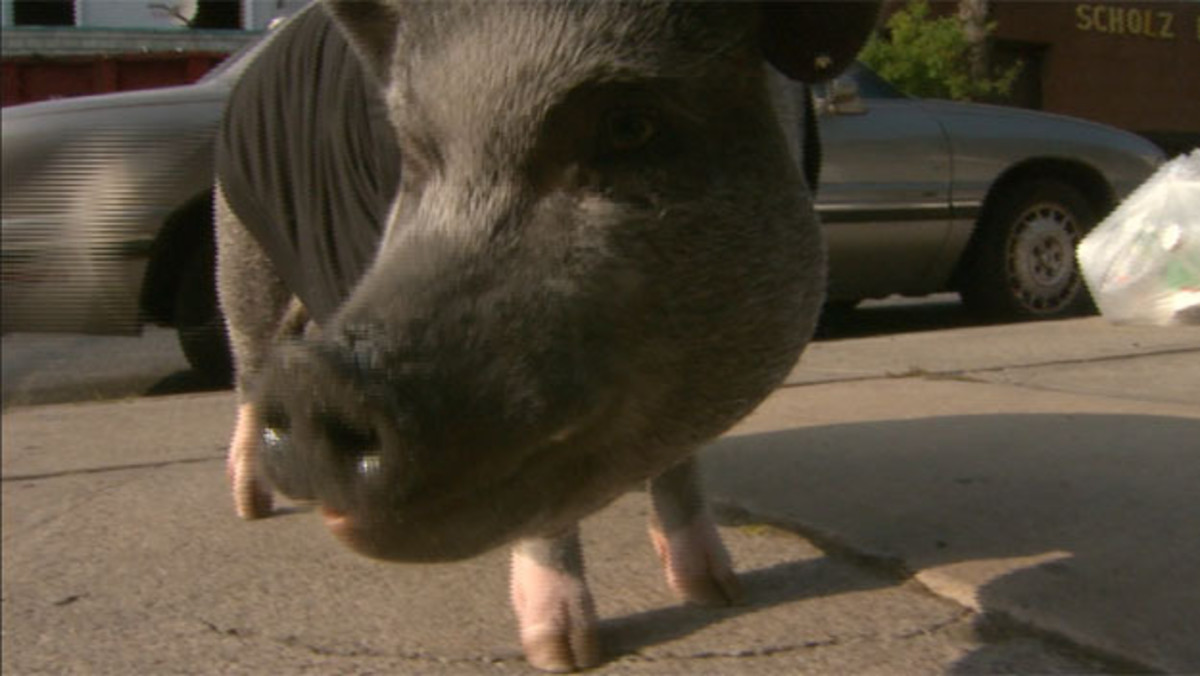HUD takes the stance that animals should only assist tenants with a genuine need and not a mere assertion of a disability.
Dogs have evolved from man’s best friend to must-have accessories while their owners are dining, shopping or lingering in other public places. We don’t want to single out K-9s in this discussion, so we’ll add to this list cats, pot bellied pigs, peacocks, alligators, ponies, and other fury friends allowed into a rental unit when the tenant says they need emotional support.
It’s been some time since Bornstein Law has addressed the concerns of landlords who are called upon to accommodate comfort/emotional support animals, or “assistance animals” in the vernacular of HUD, but after the feds have now paid attention to this emotionally charged subject, it is time for us to revisit it.
While measures were put into place to balance the safety concerns with the right of passengers with disabilities to access air transportation, we are beginning to see some semblance of sanity on the ground as the government takes aim at websites that are essentially letter mills that crank out certifications of a tenant’s claimed disability without third party verification, much less an evaluation from a medical professional.
At least one website has a how-to manual on suing landlords if an emotional support animal is denied by the landlord.
Today, landlords have to define what an animal is, be it a comfort animal, an emotional support animal, an assistance animal, a bona fide service animal, or an ordinary pet. Heeding calls to add clarity to this wilderness, HUD has finally recognized that the system can be manipulated by tenants who falsely claim they need their animals to cope with a fictitious disability.
What’s reasonable?
When we first announced that HUD is scrutinizing bogus claims by tenants that they need these companions to alleviate anxieties, an astute observer on social media said “all animals are comfort and emotional support.” We agree. Animals bring joy to our lives, something we can attest to as pet lovers.
We also know that animals pose some serious issues to landlords in terms of their ability to assess pet deposit fees and apply policies that are uniform and in compliance with fair housing laws.
In a press release, Housing and Urban Development (“HUD”) Secretary Ben Carson expressed his disfavor with certain websites that peddle phony assistance animal documentation, stating that these animals should be reserved for those with a legitimate disability and not a means for opportunistic websites to profit by churning out documentation indiscriminately.
As the most qualified pediatric neurosurgeon to ever head HUD, his medical credentials are beyond reproach.
“These certificates are not an acceptable substitute for authentic documentation provided by medical professionals when appropriate…. these websites that sell assistance animal certificates are often also misleading by implying that they are affiliated with the federal government. Nothing could be further from the truth. Their goal is to convince individuals with disabilities that they need to spend hundreds of dollars on worthless documentation to keep their assistance animal in their homes.”
Anna Maria Farias, HUD’s assistant secretary for fair housing and equal opportunity, goes a step further saying these “pay for disability on demand” websites not only smell fishy, but they actually harm those who are in genuine need.
“Websites that sell verification for assistance animals take advantage of persons with disabilities who need a reasonable accommodation to keep their assistance animal in housing, she says, before going on to say the request for Federal Trade Commission action “reflects HUD’s ongoing commitment to protecting the housing rights of persons with disabilities.”
It’s as if an able-bodied person parks in a handicap spot. Cracking down on fraudulent claims is not peeling back the protections of the disabled. It advances them.
When a tenant merely asserts the need for a companion of any species, it has an impact on the landlord’s ability to assess pet deposits and fees and to apply policies relating to animals. If an assistance animal is denied co-tenancy, the rental property owner can be exposed to fair housing complaints.
An assistance animal should not be confused with a service animal trained to perform certain tasks such as helping a blind person navigate, alert to impending seizures, or aid in hearing impaired individuals.





